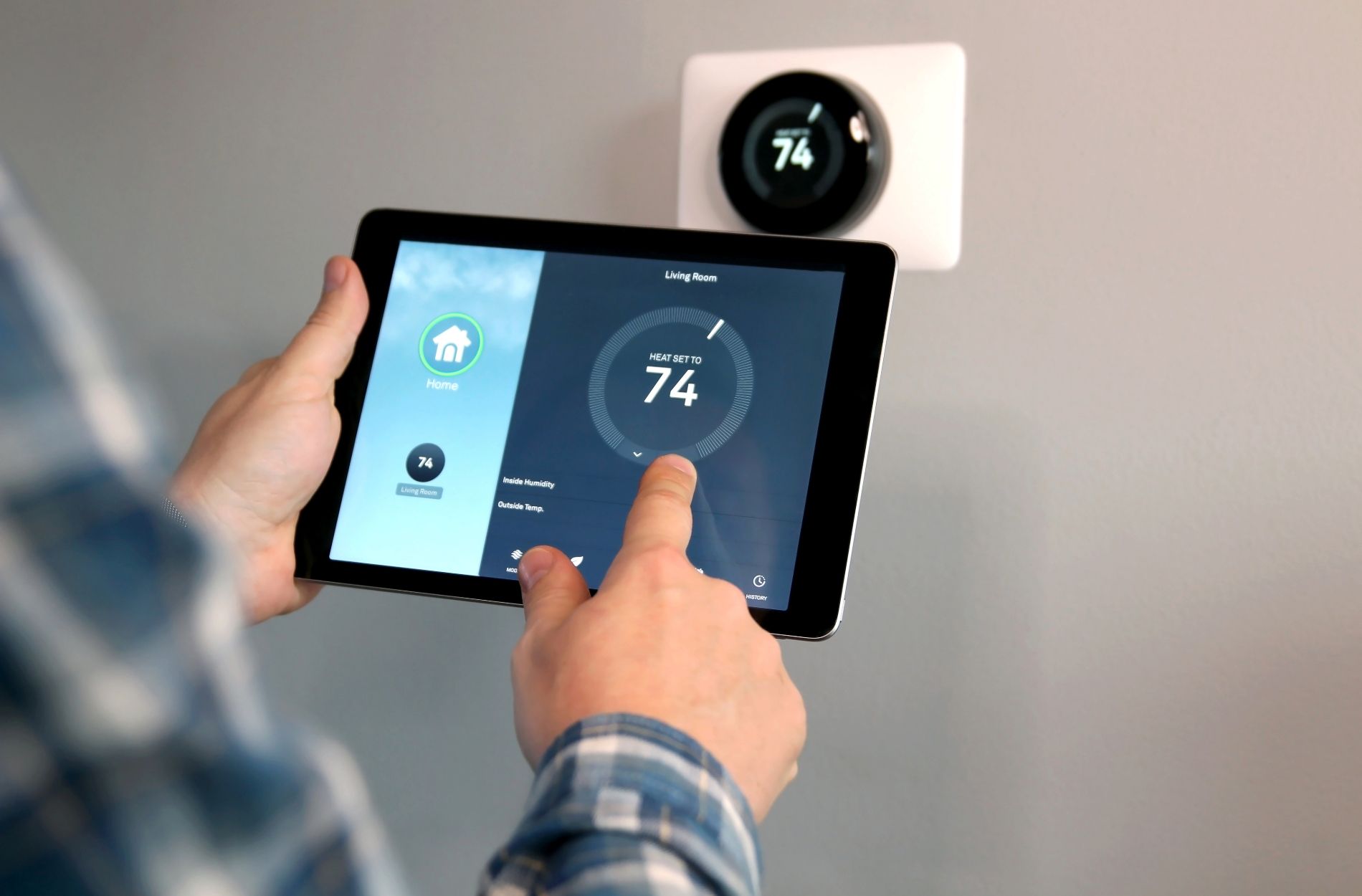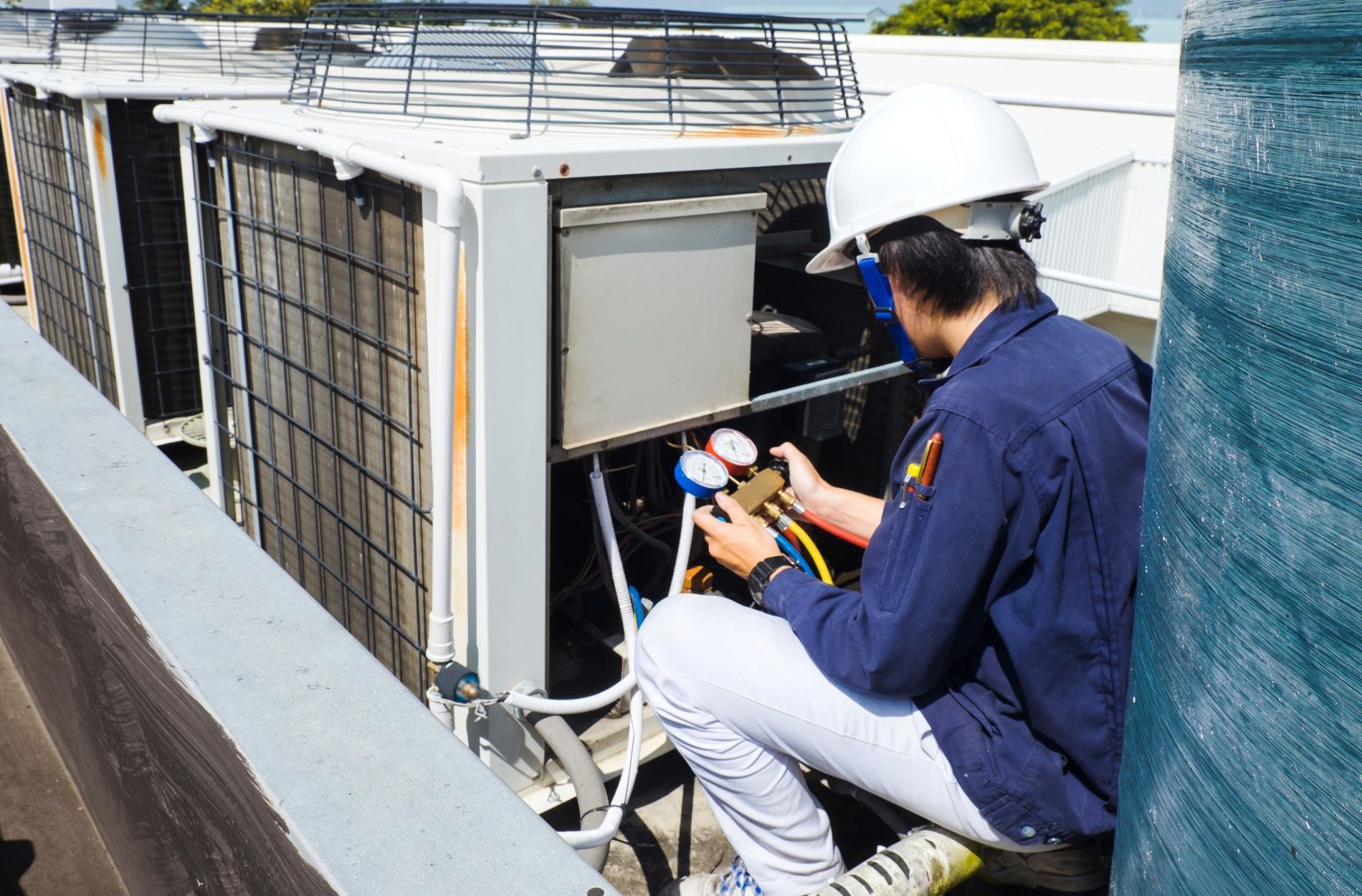The Ultimate Guide to Choosing the Right HVAC System for Your Home
Choosing the right heating, ventilation, and air conditioning (HVAC) system for your home is a critical decision that will impact your comfort, energy consumption, and overall satisfaction for years to come. With the numerous HVAC options available in the market, understanding the essential factors to consider when selecting a system is imperative to making an informed decision. At Anytime Heating & Air, we are committed to helping homeowners select the perfect HVAC system tailored to their specific needs and delivering high-quality installation services. In this blog post, we'll guide you through the essential factors to consider when choosing the right HVAC system for your home, including efficiency, size, type, and additional features.
To give a brief overview, energy efficiency should always be a top priority when choosing an HVAC system. Energy-efficient models not only reduce your monthly utility bills but also contribute to a more sustainable future. With many options on the market, such as those that meet the ENERGY STAR® criteria or have a high Seasonal Energy Efficiency Ratio (SEER) rating, selecting an eco-friendly system has never been easier.
Another factor to consider is the size of the HVAC system. Choosing the right size is crucial for ensuring your system runs effectively and efficiently. An undersized system will struggle to meet your home's heating and cooling needs, while an oversized system will cycle on and off more frequently, leading to uneven temperatures and increased energy consumption. Consulting with a professional HVAC technician can help you determine the appropriate system size based on your home's dimensions, insulation, and other relevant factors.
Furthermore, understanding the various types of HVAC systems available is essential in making the right choice for your needs. Whether you're considering a central air conditioning system, a heat pump, a furnace, or ductless mini-split systems, each option comes with its pros and cons. Weighing these factors against your home's specific needs and your personal preferences will help guide you towards the ideal system for your circumstances.
Lastly, additional features, such as advanced air purifiers, smart thermostats, or zoning systems, can significantly enhance the overall HVAC experience. By incorporating these technologies into your home's HVAC system, you can improve your comfort, indoor air quality, and energy efficiency.
In this blog, we'll delve deeper into each of these factors and provide you with the knowledge you need to make an informed decision. As you embark on this important journey, trust the experts at Anytime Heating & Air to offer guidance and professional services for all your HVAC needs.
Prioritizing Energy Efficiency
When selecting an HVAC system for your home, energy efficiency should be one of your top priorities. Highly efficient systems consume less energy to heat or cool your home, resulting in lower utility bills and reduced environmental impact. When browsing your options, look for heating and cooling systems that meet the ENERGY STAR® criteria, indicating that they have undergone rigorous testing to ensure top energy performance levels. Moreover, consider the Seasonal Energy Efficiency Ratio (SEER) rating of air conditioning units and the Annual Fuel Utilization Efficiency (AFUE) rating for furnaces. The higher these ratings, the more efficient the system, leading to substantial energy and cost savings in the long run.
Choosing the Right Size
Selecting the right size HVAC system for your home is crucial for ensuring optimal performance and efficiency. A system that is too small for your space may struggle to provide adequate heating and cooling, while an oversized system can lead to increased energy consumption and decreased comfort due to frequent cycling on and off. To properly size your HVAC system, consider factors such as your home's square footage, insulation, number of windows, and geographic location.
It's highly recommended to enlist the help of a professional HVAC technician to perform a load calculation, which offers a more accurate assessment of your home's heating and cooling needs. This calculation takes into account various factors for determining the appropriate system size, ensuring optimal efficiency and comfort throughout your home.
Understanding HVAC System Types
There are various types of HVAC systems available to accommodate the unique needs of each homeowner. Understanding the pros and cons of each type will help you select the ideal system for your home. Some common HVAC system types include:
1. Central Air Conditioning Systems: These systems use a system of ducts to distribute conditioned air throughout your home. They typically use a combination of an air conditioner and a furnace for cooling and heating, respectively. Central systems offer consistent temperature control and can be combined with air purifiers and humidifiers for improved indoor air quality.
2. Heat Pumps: Heat pumps are energy-efficient systems that transfer heat between the indoors and outdoors, providing both heating and cooling. They are a popular choice for homeowners in climates with mild winters, as they struggle to keep up with heating demands in extremely cold temperatures.
3. Furnaces: Furnaces are used in conjunction with central air conditioning systems for heating purposes. They can operate on various fuels, such as natural gas, propane, or oil. Modern furnaces come with high AFUE ratings, ensuring energy-efficient performance.
4. Ductless Mini-Split Systems: These systems consist of an outdoor compressor unit and indoor air handlers, which can be mounted on the wall or ceiling. They are an excellent option for homes without existing ductwork or when adding onto an existing HVAC system. Ductless mini-splits can provide both heating and cooling, offer efficient performance, and allow for individual room temperature control.
Evaluating Additional Features
Modern HVAC systems come with various additional features designed to enhance your heating and cooling experience. Some of these features include:
1. Advanced Air Purifiers: Incorporating advanced air purifiers into your HVAC system can significantly improve indoor air quality by removing allergens, bacteria, and viruses from the air.
2. Smart Thermostats: Smart thermostats offer increased energy efficiency and convenience by allowing you to remotely control and monitor your HVAC system, as well as create custom temperature schedules based on your daily routines.
3. Zoning Systems: Zoning systems enable you to divide your home into multiple areas, each with independent temperature control. This feature promotes energy efficiency and allows you to cater to the temperature preferences of different family members.
Making the Right HVAC Choice
Selecting the right HVAC system for your home can seem overwhelming, but by considering factors such as energy efficiency, size, type, and additional features, you can make an informed decision tailored to your specific needs. The experts at Anytime Heating & Air are here to help guide you through the process, ensuring you receive the best HVAC solutions for your home.
With the assistance of qualified professionals, you can find the perfect system to provide your family with year-round comfort and energy-efficient performance. So, don't hesitate to reach out to the experienced technicians at Anytime Heating & Air and embark on the journey toward an ideal
HVAC system for your home.


